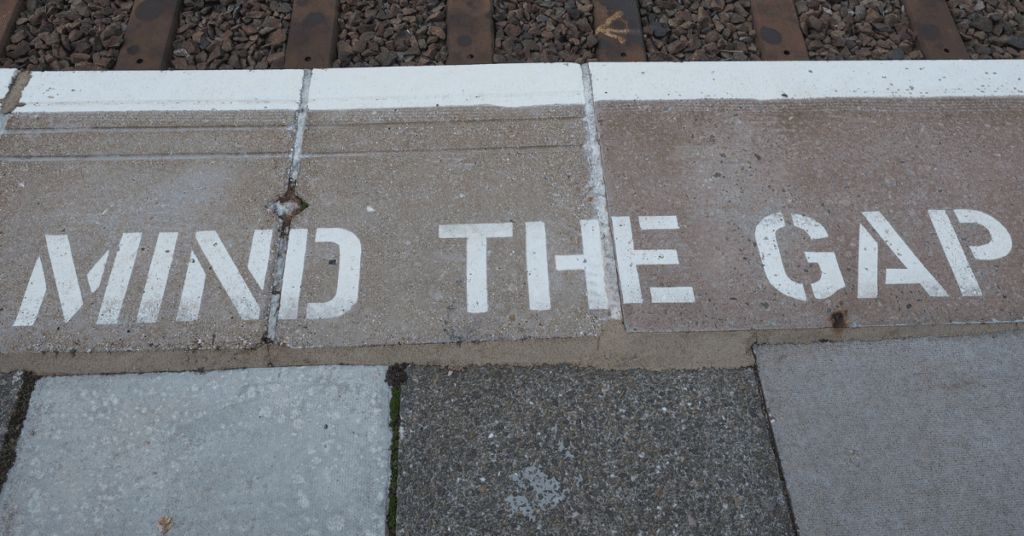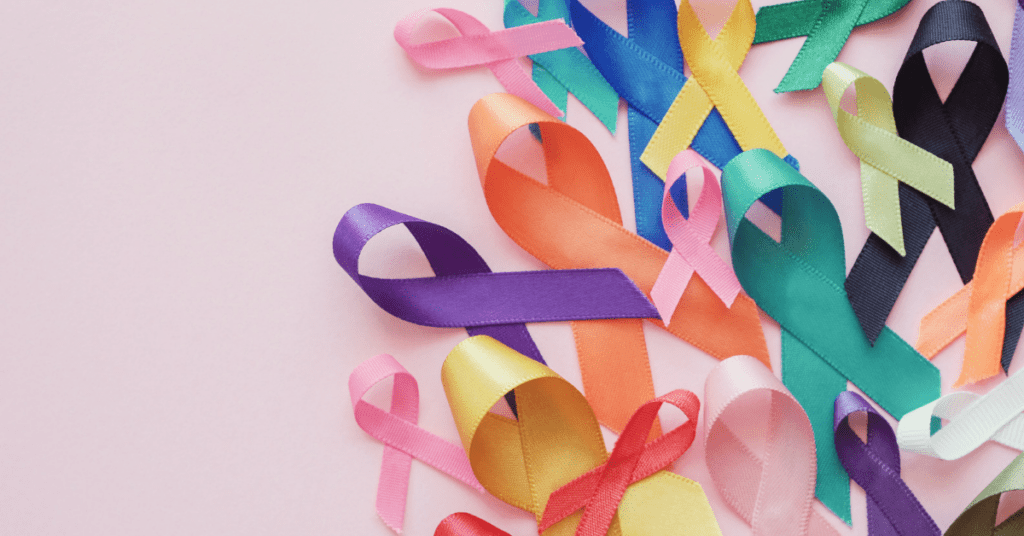Having a family history of cancer can feel incredibly daunting. After all, incidents of cancer in your family tree often mean that your risk of getting the disease may be higher. That’s why it’s vital for you to stay informed, aware, and proactive. Wherever possible, take extra precautions and preventative steps to protect your and your family’s health.
True, there is no 100% surefire way to avoid cancer. Still, preparation can give you a valuable edge to help protect your health. So if you have a family history of cancer, here are six precautionary steps we recommend.
1. Understand Your Family Health History
Step one is to make sure you have the best comprehension of your family’s cancer and overall health history. As far as possible, talk to your parents, grandparents, aunts, uncles, and siblings to get a complete picture. Find out which family members have had cancer, what type and stage they had, and at what age they were diagnosed. Next, take that information and talk to your doctor.
Pay particular attention to any of the following patterns, which may indicate a genetic link.
- Your first-degree relative (parent, sibling, child) was diagnosed
- Two or more of your extended relatives (grandparents, uncles, aunts, etc.) were diagnosed
- A relative had a cancer diagnosis made at a younger-than-average age
- Your family tree includes cancer(s) known to have genetic factors
- Your family tree includes cancer(s) that are common for people of your race
2. Undergo Genetic Testing
If you think that cancer in your family may be hereditary, you can arrange for genetic counseling and testing. A genetic test is fairly simple and painless. A sample of your saliva or blood is collected and then taken for DNA analysis. Taking this extra precaution can reveal whether or not you possess genetic mutations associated with increased cancer risk.
Just remember: if a relative gets tested and is shown to carry such gene mutations, that doesn’t necessarily mean that those mutations have been passed down. To get a clear picture of your personal risk, it’s best to get your own genetic testing done.
3. Get Screened and Tested More Frequently
If you have a family history of cancer, experts recommend getting cancer screenings earlier and more frequently. Depending on your situation, this can include mammograms, prostate exams, dermatologist visits, and more.
Take, for example, colonoscopies. The average man doesn’t get his first colonoscopy until around age 50. However, men with a family history of colon cancer should start getting screened sooner. Ideally, you should either begin screenings 10 years earlier than the age at which your relative was diagnosed or at the age of 40 — whichever comes sooner. For example, if your uncle was 43 when his cancer was first detected, you should start going for screenings at 33. The earlier cancer is found and addressed, the better.
4. Make Healthy Lifestyle Changes
For some forms of cancer, instituting lifestyle changes can help reduce your risk. And if not, you still have nothing to lose — adopting a more healthy way of living certainly isn’t going to be bad for you.
Depending on your family history of cancer, any of the following can help you reduce your personal cancer risk:
- Quit smoking (or don’t start)
- Maintain a healthy diet and weight
- Reduce your alcohol consumption
- Exercise regularly
- Protect your skin from the sun
5. Consider Preventative Surgery
If you have a strong reason to believe that you are at risk of certain cancers, there may be medical precautions you can take, ranging from medications to preventative surgeries.
Some of the most common precautionary surgeries are preventative mastectomies for women at risk of breast cancer. If you’re facing a significant family history of breast cancer — and especially if you have tested positive for BRCA1 or BRCA2 genes, which indicate a much higher risk of developing breast or ovarian cancer — you can choose to have a preventative mastectomy, possibly followed by breast reconstruction. But the recovery process can be long and difficult, so this is not a step to be taken lightly.
Remember, a positive result from your genetic testing can show increased cancer risk but does not guarantee that you will definitely develop cancer. So before deciding on any serious medical or surgical precautions, talk with your doctor and loved ones to help you determine the right path for you.
6. Invest in Cancer Insurance
If you’ve uncovered a pattern of cancer in your family tree, your first concern is naturally going to be taking health precautions. As it should be! But many people overlook the financial implications of a cancer diagnosis until their medical bills begin to pile up.
As part of your precautions, having financial peace of mind is critical. If the worst occurs and you receive a cancer diagnosis, you’ll want a financial net in place to catch you. Undergoing cancer treatment is already emotionally draining, let alone adding in stress at the cost of it all.
In the midst of fighting cancer, you have enough to deal with. That’s why Aynjil wants to help make this transition as painless as possible. We are a digitally driven insurance business specializing in cancer only, here to provide you with the support you need in the wake of a diagnosis.
We offer a comprehensive cancer insurance product for everyone, regardless of age, race, or socioeconomic status. But Aynjil provides more than just a payout. We have designed our product benefits to help soften cancer’s financial, emotional, physical, and lifestyle impact.
Aynjil insurance is designed to provide incredible support, affordable value, and an unmatched customer experience. And as specialized cancer insurance, you can mold it to your unique needs. Use it as a comprehensive, stand-alone insurance option, or partner it with other insurance products to build custom coverage.
Getting started is simple. We have removed all the friction and stress from our buying, maintenance, and claim processes. Everything is online — there is no paperwork, and the customer experience is effortless. Forget convoluted insurance providers. At Aynjil, we value the basics.
- Customers select their insured value
- Quick, four-minute online quote and sign up process
- We use plain English and simple definitions
- Our insurance covers ALL cancers
- 100% payout, zero deductions
- Affordable premiums
We’ve even made claims easy:
- One-minute online claim submission
- Fast, automated claim authentication
- 48-hour payment of funds to your account
- We guide you through every step of the process
And, most importantly, Aynjil connects our clients with world-class medical care:
- We provide you with access to some of the world’s best oncologists for a thorough secondary analysis of your diagnosis. Get their professional medical opinion on your options, treatment plan, and prognosis.
Aynjil is South Africa’s only fully digital, direct-to-consumer, specialized cancer insurance product provider. Contact us today to experience simple, frictionless, value-driven insurance designed with you in mind.



